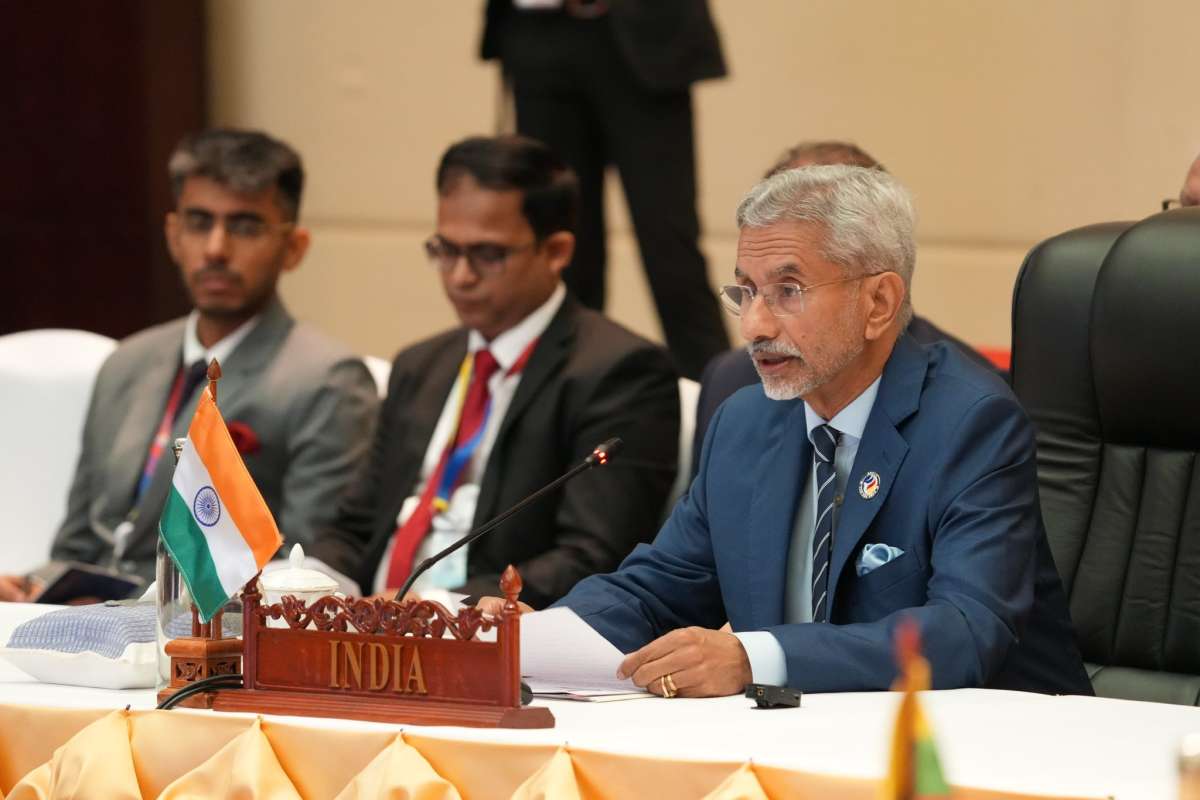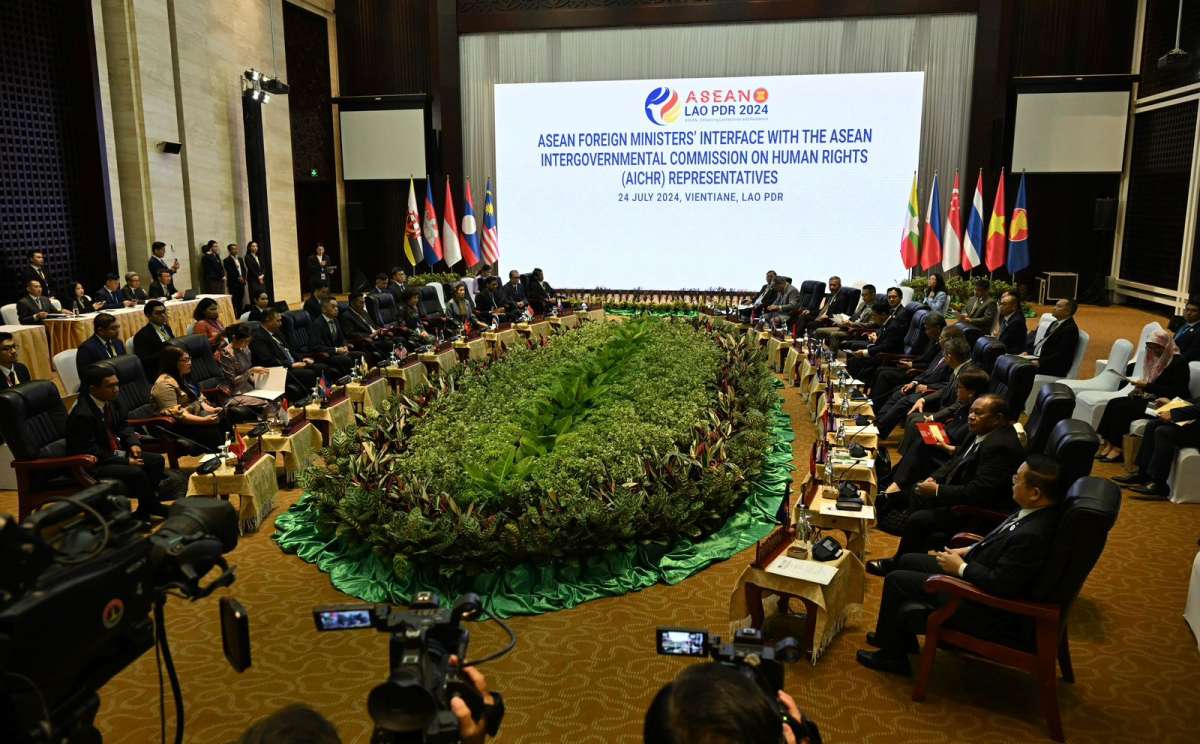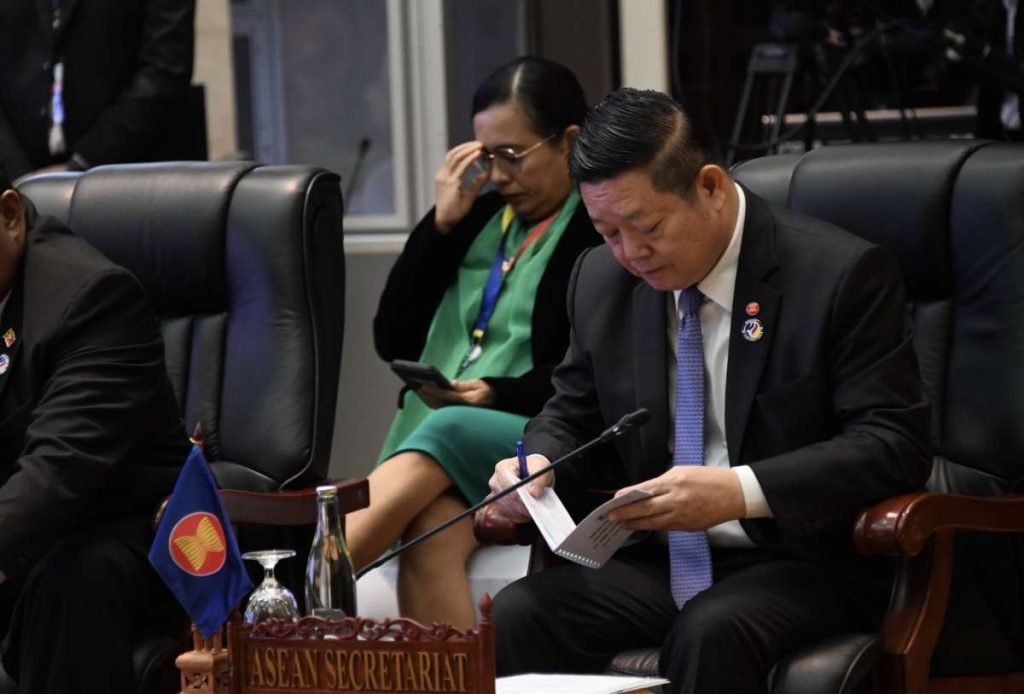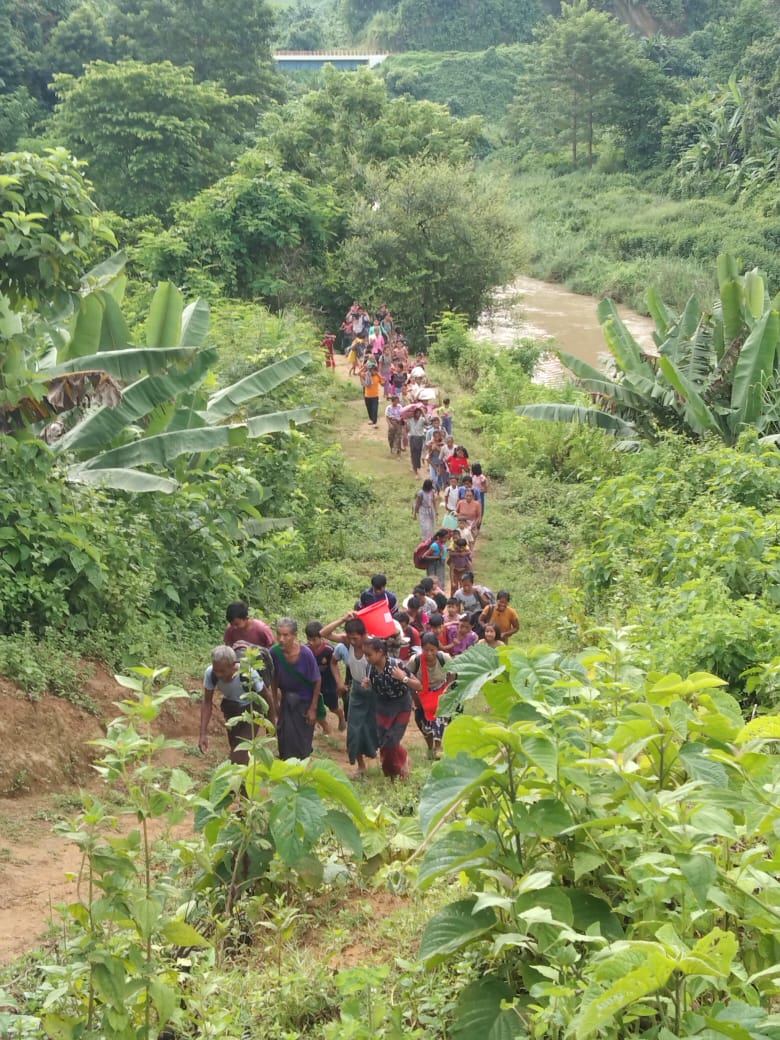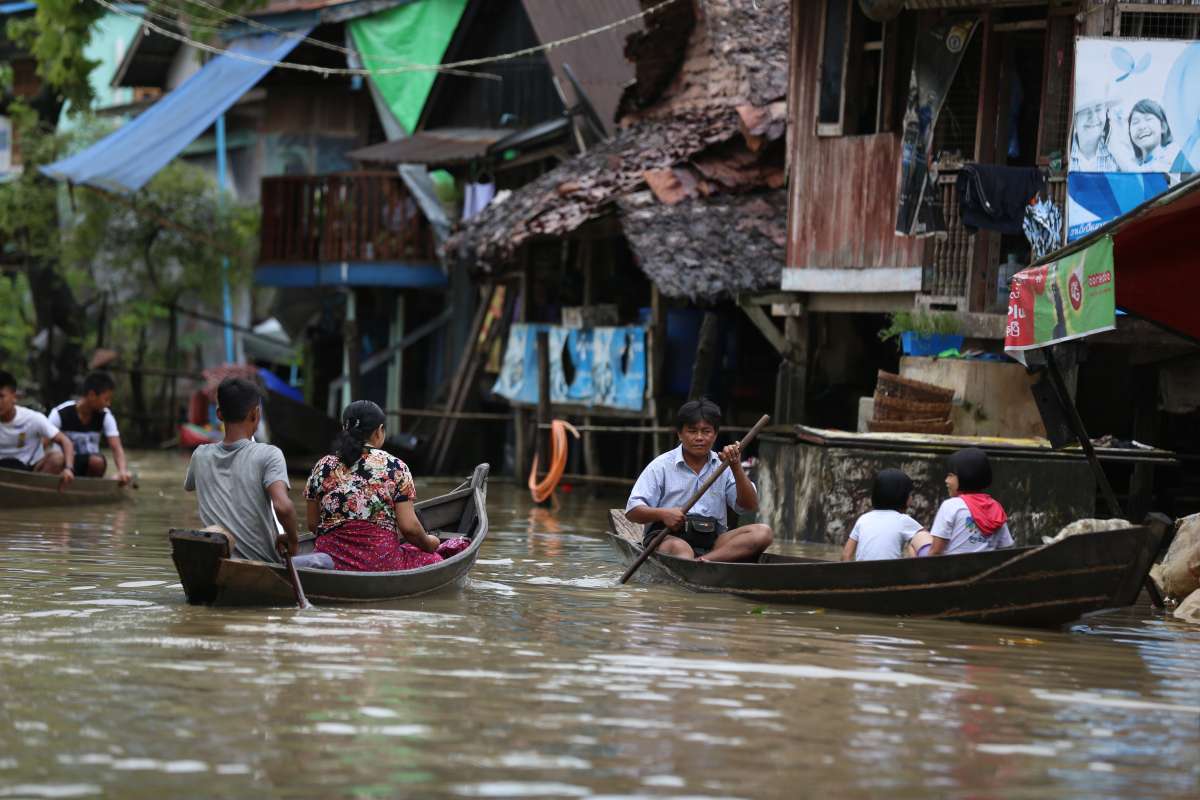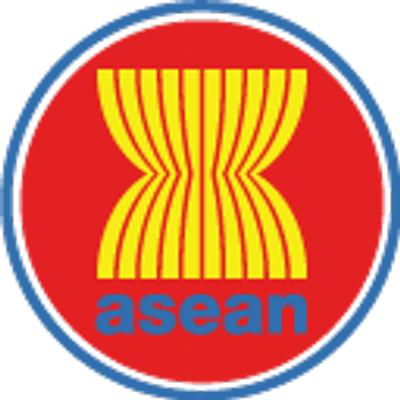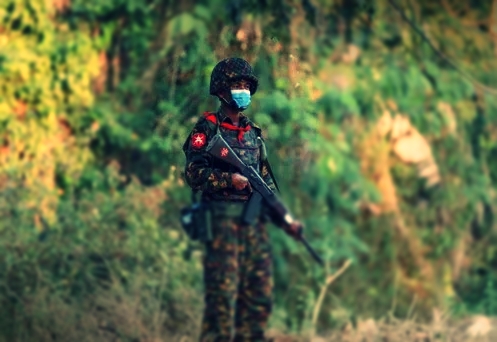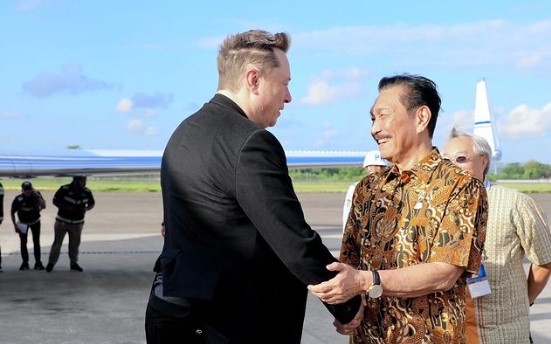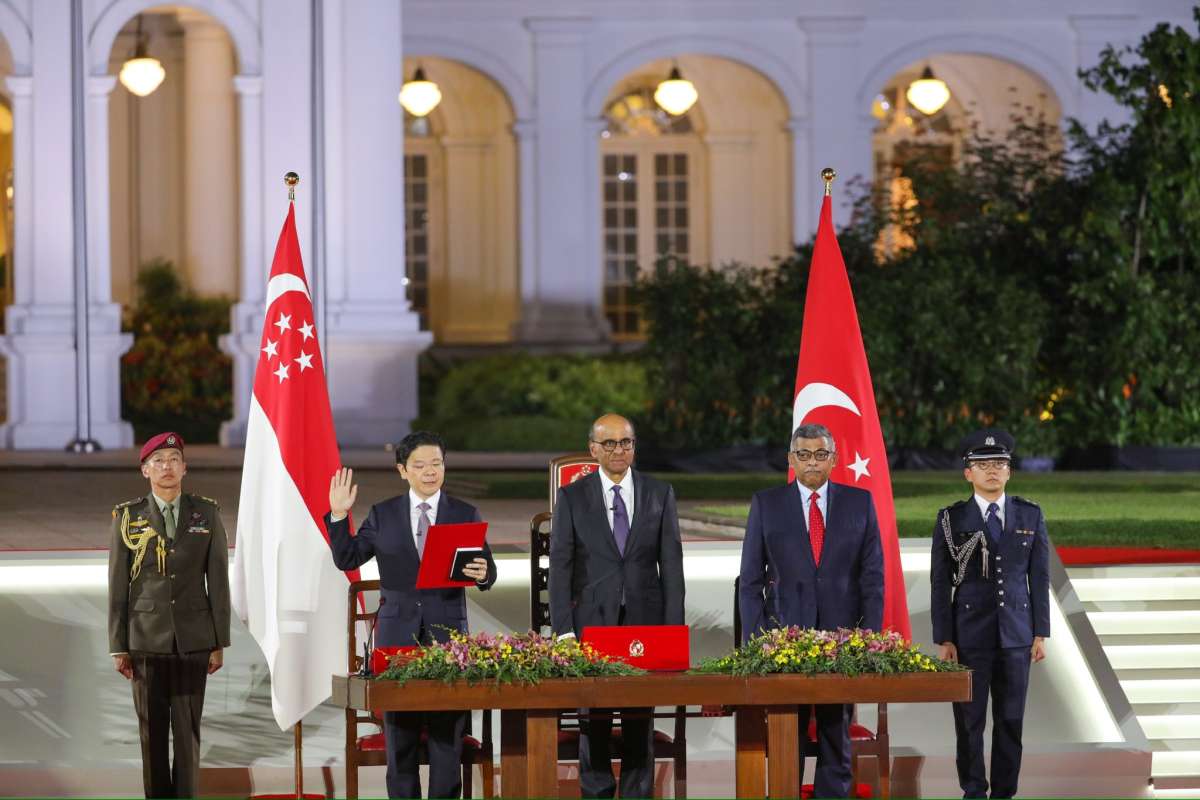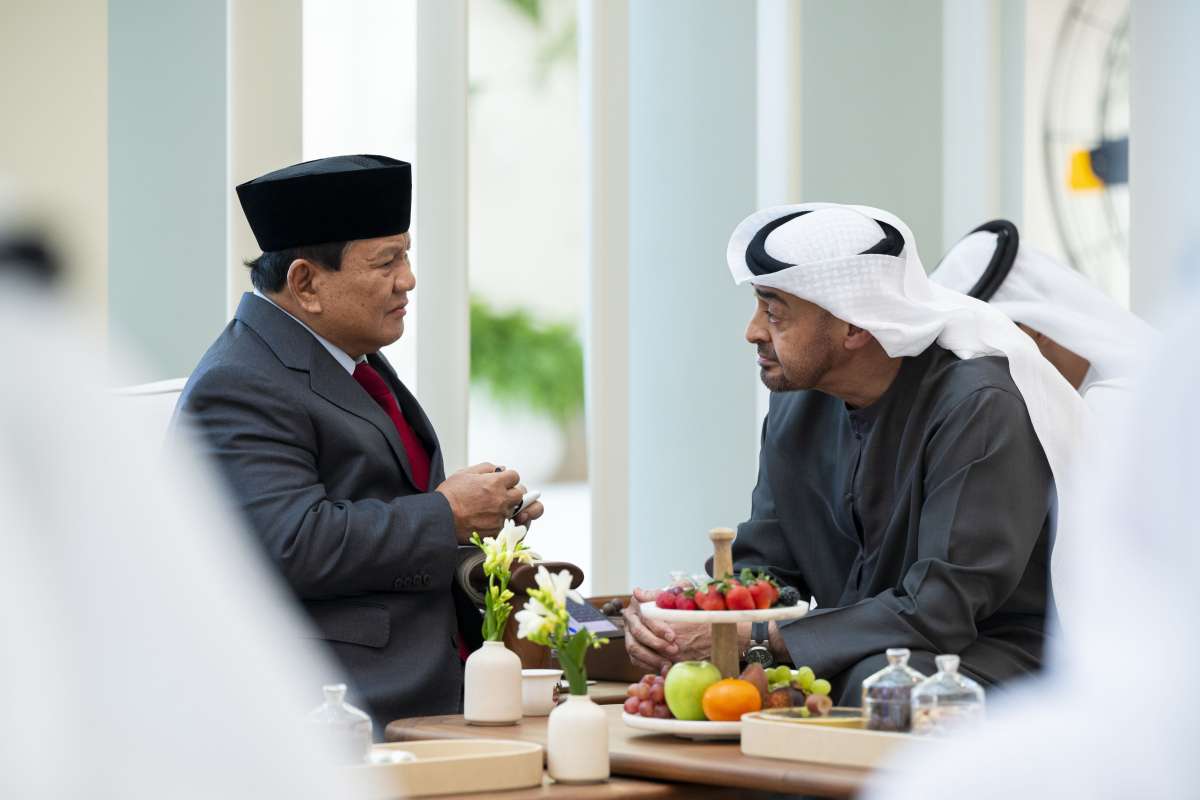ASEAN countries are a key part of India’s ‘Act East’ policy and Indo-Pacific Vision, highlighted by PM Modi’s SAGAR initiative….reports Asian Lite News
External Affairs Minister S. Jaishankar reiterated Friday that ASEAN remains the cornerstone of India’s ‘Act East’ policy and the Indo-Pacific vision.
Addressing the opening session of the ASEAN-India Foreign Ministers’ Meeting in the Laotian capital of Vientiane, the EAM stated that it was “encouraging” to note that India-ASEAN partnership continues to acquire ever more dimensions with each passing year.
“For India, ASEAN is the cornerstone of its Act East Policy and the Indo-Pacific vision that was thereafter built on it. For us, political, economic and security cooperation with ASEAN is of the utmost priority. So too are people-to-people linkages, that we are constantly seeking to expand,” Jaishankar said in his opening remarks at the meeting.
The 57th Association of Southeast Asian Nations (ASEAN) Foreign Ministers’ Meeting (AMM) in Vientiane is being attended by over 1000 delegates, including foreign ministers and representatives from 31 countries.
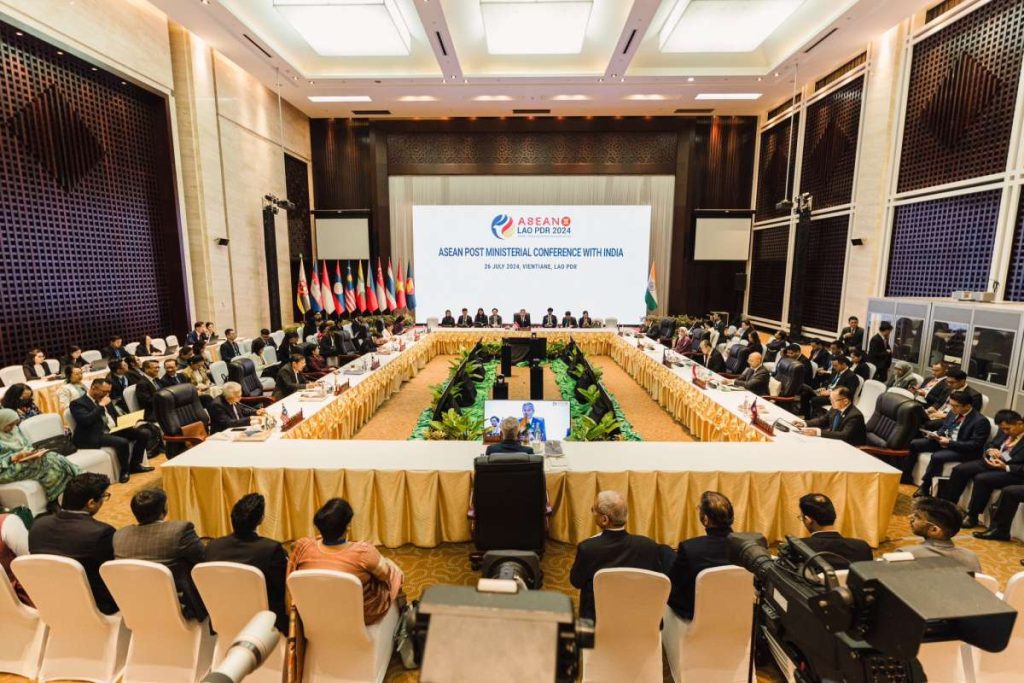
“While our achievements are substantial, our ambitions must always remain high,” Jaishankar told the gathering.
The EAM also highlighted Prime Minister Narendra Modi’s visit to Jakarta in September 2023 to attend the 20th ASEAN-India Summit and 18th East Asia Summit, the first major event for the grouping since the elevation of India-ASEAN relations to a Comprehensive Strategic Partnership in 2022.
“The priority that India attaches to ASEAN and EAS platforms is evident from Prime Minister Modi visiting Jakarta last year on the very eve of our own G20 Summit. He had announced a 12-point plan that has been largely acted upon,” Jaishankar said on Friday.
The EAM called the meeting as “productive”, stating that digital, defence, maritime, connectivity, security, health and traditional medicine and cultural heritage preservation continue to be priority areas for India-ASEAN cooperation.
“Also spoke about the situation in Myanmar, keeping the Sea Lines of Communication open and free, Quad’s outlook on ASEAN & AOIP and the conflict in Gaza,” he said.
ASEAN countries remain an important pillar of India’s ‘Act East’ policy and key partner of its Indo-Pacific Vision underlined by Prime Minister Narendra Modi’s Security and Growth for All in the Region (SAGAR) vision.
From Vientiane, the EAM will travel to Tokyo to participate in the next meeting of the Quad Foreign Ministers’ on July 29 along with the Foreign Ministers of Australia, and the United States.
ALSO READ: Ranil Wickremesinghe Joins Presidential Race

